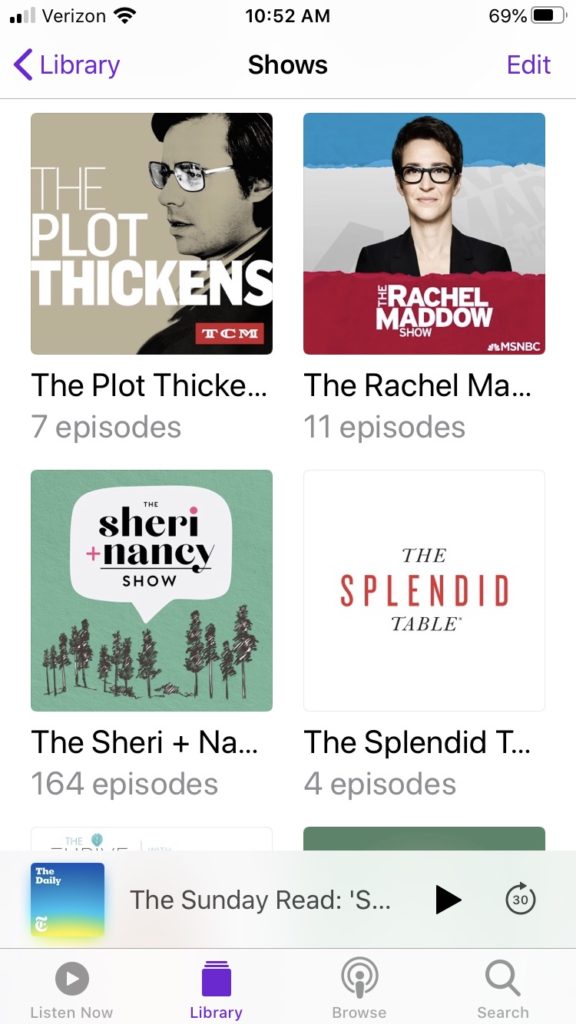
As I wrote in one of my earliest blogs, I love the Millennial generation. In my experience working with many Millennials at the US Department of Energy (DOE), they are resourceful, upbeat, creative and fun. I just have not experienced the disparaging qualities that have too often been assigned to this generation.
In particular, I want to showcase two folks who used to work for and with me. Erin Twamley and Josh Sneideman are truly walking the talk on climate change. They both saw a gap and have worked hard to fill it.
Erin came to work for me in her mid-twenties. She immediately struck me as an outside-the-box thinker and problem solver. She also had a gentle way to prod her colleagues and superiors to think differently and more creatively. She instantly became indispensable to me and others. Erin helped take our efforts on clean energy workforce development and education into the next level – more strategic and impactful.
Josh came into DOE with the explosive force that anyone who knows him will understand. Josh was a middle school teacher who was accepted as an Einstein Fellow, a prestigious program for K-12 teachers to gain government experience that they could take back into education. Of course, Einstein Fellows had a lot to teach us in government too. Josh was a dynamo from the start – brimming with a million ideas and never taking “no” for an answer. As a long-time Fed, I often fell into the bureaucratic trap of finding it easier to say “no” than “yes.” Josh constantly pushed the envelope, and overcame my hesitancy over and over. His audacity and ingenuity expanded our ability to promote our energy literacy guidelines to a vast network across government agencies and educational organizations like you can’t imagine. He finagled ways to get DOE to hold programs that heretofore were deemed not possible. He also took on being a morale booster par excellence for a large office that was not always a happy place. I never laughed as much as when working with Josh.
Spreading the gospel about climate and energy
Erin and Josh enabled our team to make a much deeper impact than our budget would suggest. We wanted to not only prepare the clean energy workforce, but also inspire those outside of the industry (including kids) to see themselves working in clean energy or benefiting from (i.e., saving money) an increased understanding of energy. These efforts resulted in, among many others, a TedEd video (“A Guide to the Energy of the Earth”) that to date has more than 800,000 views; a unique partnership with the American Geosciences Institute to create a video series on what had been our recently released Energy Literacy Guidelines; a partnership with HUD to develop opportunities for public housing residents to learn about and prepare for jobs in clean energy; and the start of the Women@Energy series that continues in a vigorous way today. At the time, these were each very unique activities for DOE.
Erin and Josh left government during the final year of the Obama Administration, each pursuing opportunities in education outside of government. They had the foresight to address a need that aligns with the current Biden Administration mantra: that clean energy is a win-win-win by creating jobs, enhancing local and national economic development, and addressing climate change. They have written several award-winning books that are intended to motivate kids to learn about climate change and energy, and for younger kids, Erin’s book about how cow farts are funny AND huge greenhouse gas emitters.
For their latest project, Erin and Josh recognized that the incredible achievements of women in STEM and energy were simply not being recognized in elementary and middle school classrooms. They came to this need through their experiences interfacing with so many amazing energy professionals at DOE and its national labs. Together, they worked nights and weekends for two years to launch their current book series, called Everyday Superheroes: Women in STEM Careers. This series of books showcase incredible female scientists that show girls how that they can use their natural interest in science, climate change and energy and possibly become one of those scientists one day.
I could have used their books when my daughter was young and thirsty for female role models. We had to search high and low for such books. The most valuable ones I found were at a used bookfair, and they were about historical figures like Florence Nightingale and Nelly Bly – clearly not women living in the current time.
Making a Mark
Erin and Josh have each married and had a few kids, with several domestic and international moves. And that’s just since 2015, when we last worked together.
I am in awe of their tireless efforts and ability to balance work and family as they build a movement. They are merging many worlds and luckily for me, taking me along for some of their ride.
They are even indirectly responsible for inspiring me to launch this blog. We talked a lot about my career experiences to help them maneuver in government and consider their own career trajectories. This was just the start of many similar interactions I had with younger DOE staff. I found it very gratifying to share my path, both good and bad. I realized that we all need a pep talk about our careers – hence, the theme of my blog — Perspective on my Career and Life.
We all can make a mark, but the size of the mark is only limited by our own imagination. As Erin and Josh work to write a new Superheroes book (and related materials and activities) focusing on Women in Clean Energy, I hope their example triggers readers to think outside the box and identify how they can help to transform our world in a positive way. Josh and Erin recognize the existential crisis that climate change holds for our Earth. Rather than moan about it, they are doing something about it.
I have learned a lot and continue to be inspired by them and other Millennials and Gen Z’ers, including (among many others) DaNel Hogan, Mathew Inman, Alexis Speros Powers, Allison Kopf, Kara Podkaminer, Karma Sawyer, Krystal Layman, Madeline Salzman, AnneMarie Horowitz, Carla Frisch, Joe Simon, Mike Mueller and Holly Carr. I hold special praise for Michelle Fox, whose idea it was to develop a broad-based approach to Energy Literacy during her time at DOE.
It’s not easy to find the gumption to launch something, whether it’s a blog, book, company or new way of thinking. As we used to say in the 1980’s, my advice is just to …. GO FOR IT!
Please give a shout out to those you know that are stepping up and doing the vital work to make our world a better place. We need their inspiration!
Shout Out to Solar Decathlon 2021
Talking about inspiration. Today starts the latest Solar Decathlon, an amazing university competition where student teams design and build innovative, solar-powered houses over two years. This year’s competition is not only virtual, allowing anyone to “visit” the houses, but all the houses are built in the team’s home locale, rather than in a central location as in prior events. My favorite and final DOE job was as Director of the Solar Decathlon. I always feel optimistic and almost giddy about our collective future after seeing the amazing houses that these student competitors create. Feel free to learn more and “tour” the houses.
Before you go: Please feel free to check out Erin and Josh’s Kickstarter to support their latest book and preorder your own copy. I love their books and think you will too!
Here are the links to other books by Erin Twamley and Josh Sneideman:
Climate Change: Discover How It Impacts Spaceship Earth (Build It Yourself)
Renewable Energy: Discover the Fuel of the Future with 20 Projects (Build It Yourself)
Everyday Superheroes: Women in STEM Careers
Erin’s book: Capturing Farts and Burps
Note: this blog post was originally a LinkedIn article










